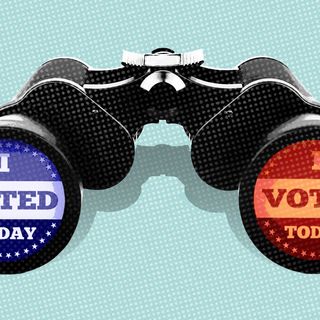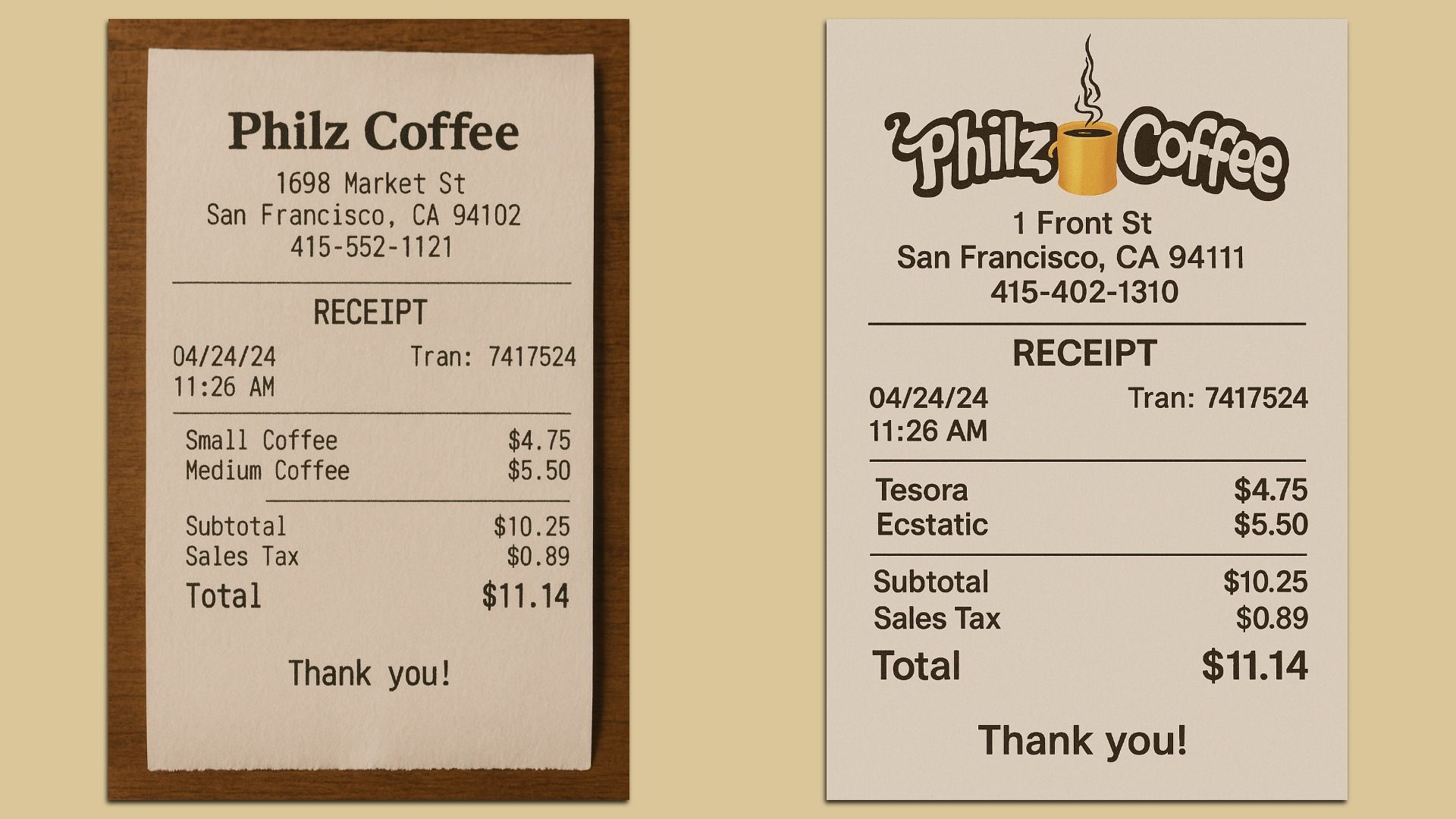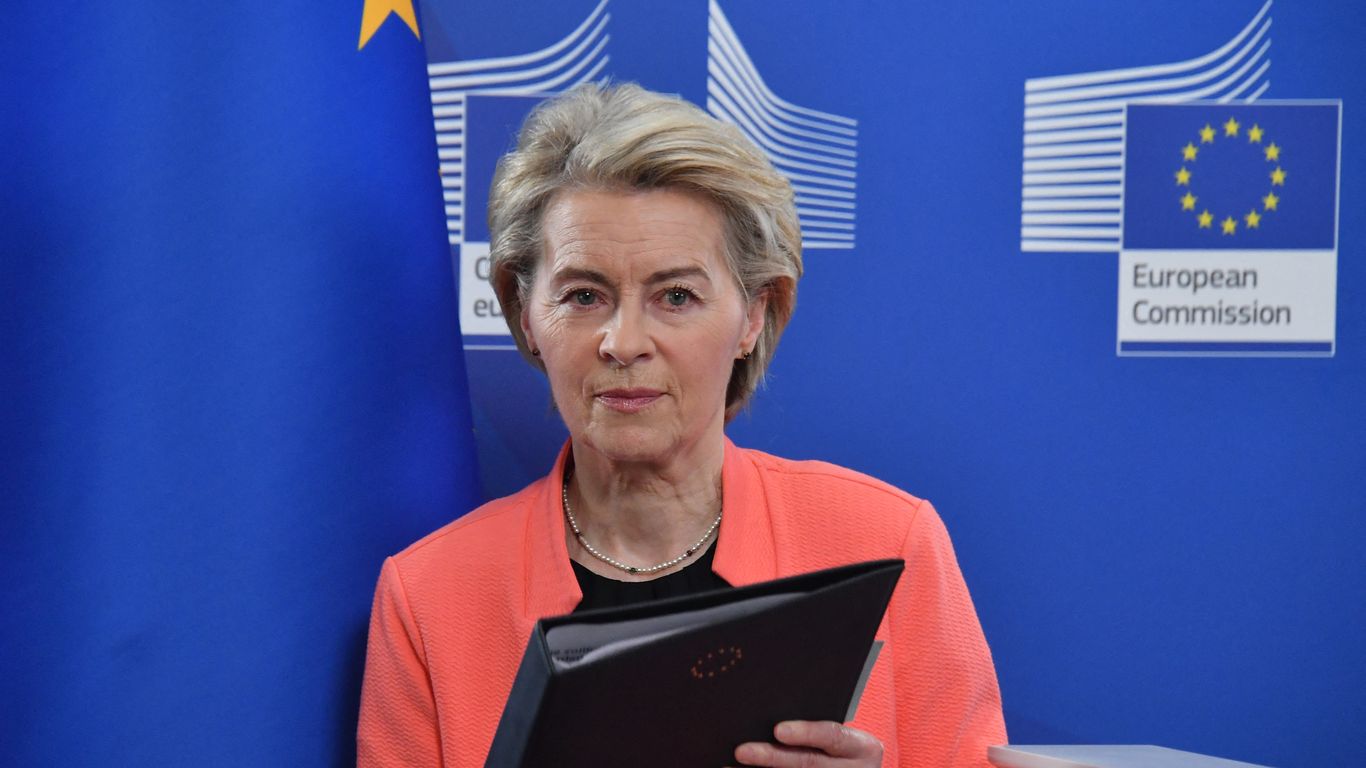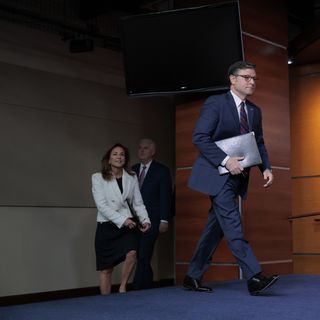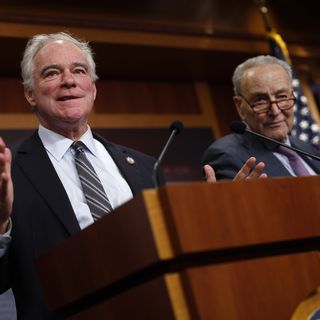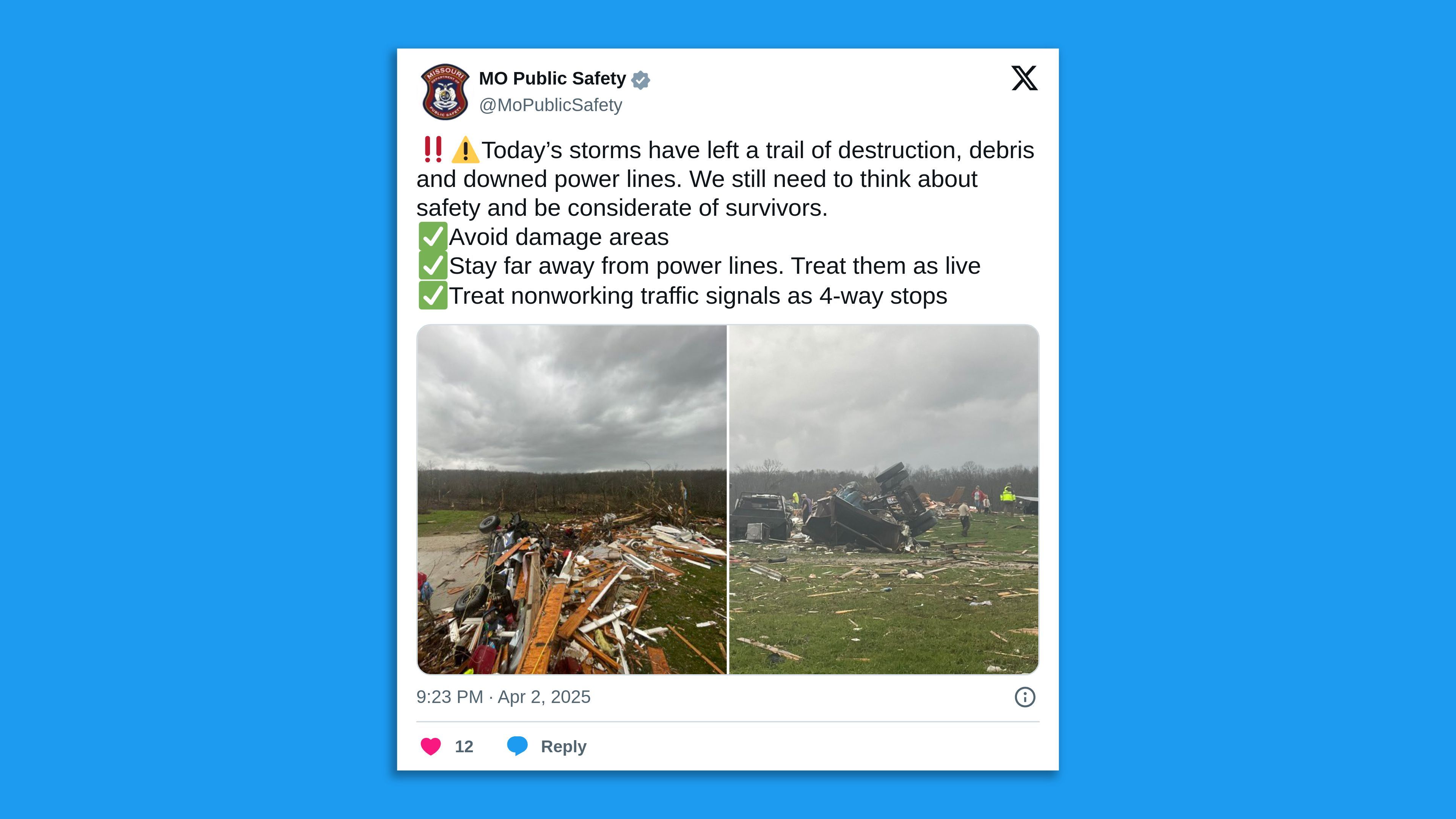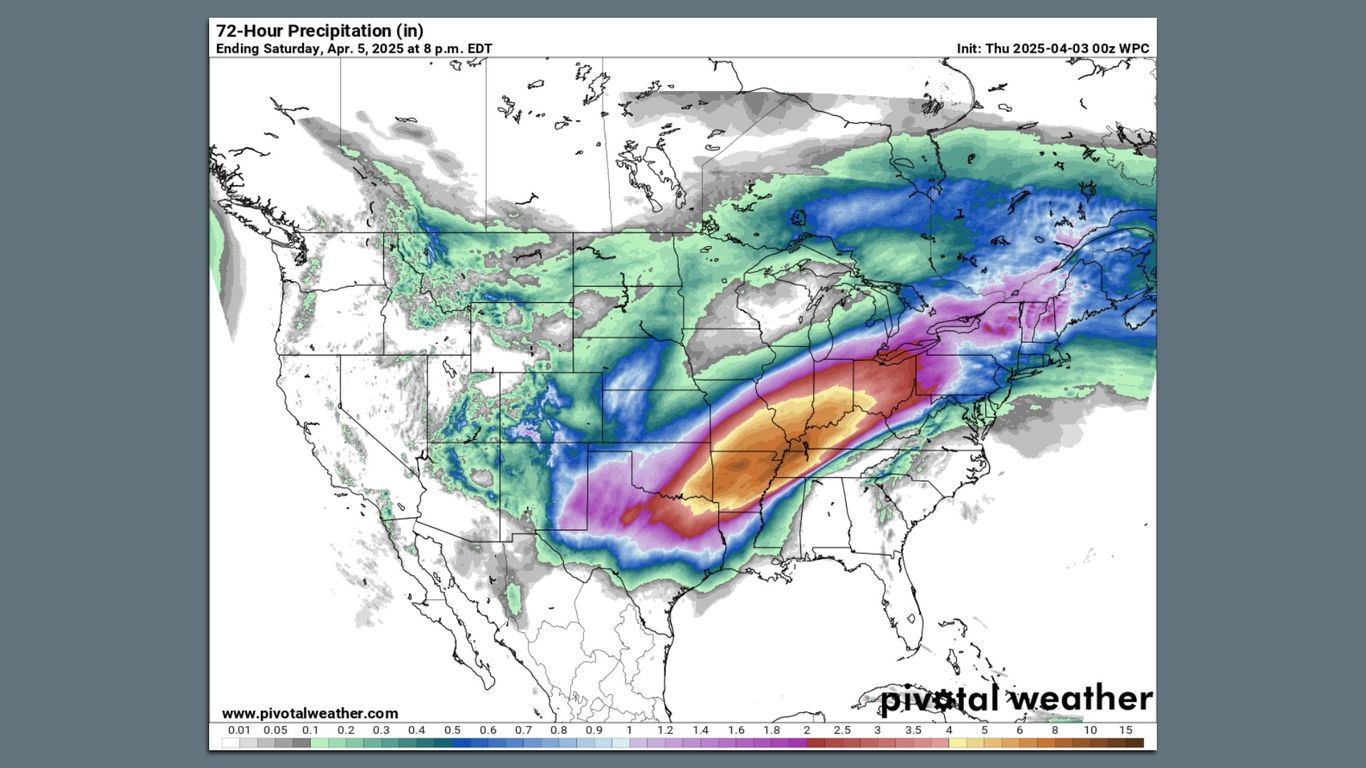Coffee, shrimp, other foods could soar with Trump tariffs
The president campaigned on a promise to bring down grocery prices, but the new tariffs announced Wednesday will do the opposite for many staple foods.
Why it matters: The supermarket is where Americans feel the most affected by inflation.
The big picture: The groceries and food hit hardest, if these tariffs take effect, are the things mostly not grown or harvested in the U.S.
- For example: Coffee, chocolate, vanilla, bananas, fruits and vegetables from South America (the berries you buy in winter), a lot of shrimp.
By the numbers: Implementing the new reciprocal and baseline tariffs, on top of the other taxes on imports already imposed by the White House, would increase fresh produce prices by 4% and food prices overall by 2.8%, per the Yale Budget Lab's model.
- But prices for certain products will rise further.
Zoom in: Outside of some marginal production in Hawaii and Puerto Rico, the U.S. doesn't grow coffee beans, instead importing 99% of its coffee, per the National Coffee Association.
- And most of us drink it. 63% of adults in the U.S. drink coffee each day. Only 10% of Americans are eating eggs daily — recall the commotion when those prices went up.
There's also shrimp: You might have noticed shrimp at the grocery store is relatively affordable — that's partly because duties on imported shrimp are at zero.
- More than 94% of the shrimp Americans eat comes from other countries, according to International Trade Commission data cited by the Southern Shrimp Alliance, a U.S. industry group.
- And more than 90% of that comes from just four countries: Ecuador (imports from this country will face a 10% tariff); India (26%), Indonesia (32%) and Vietnam (46%)
- "I think shrimp and seafood is going to get hit pretty hard," says Ed Gresser, trade director at the Progressive Policy Institute, who is a former assistant U.S. trade representative for policy and economics.
- However, the U.S. shrimp industry is happy. "We are grateful for the Trump Administration's actions today," said John Williams, executive director of the Southern Shrimp Alliance said in a statement. It "will preserve American jobs, food security, and our commitment to ethical production."
Chocolate: Most cocoa beans are imported. Prices have already risen quite a bit over the past few years.
- U.S. imports have fallen, with candy makers shrink-flating chocolate bars and pushing alternatives, as the USDA reports.
Big Macs could be in play. Though the U.S. imports only 12% of its beef, it's important meat.
- Australian farmers told Reuters they'd pass along the 10% beef tariffs to American consumers. "Australian beef is prized by U.S. fast food chains for its lower fat content, which is combined with fattier U.S. beef to produce hamburgers with the ideal fat content," Reuters reports.
- Last month the country's trade minister warned McDonald's hamburgers were at stake. The fast food giant did not immediately return an email request for comment.
Reality check: This could've been a lot worse. The President didn't include Mexico and Canada in his 10% baseline tariff assessment.
- Though those countries are now subject to 25% tariffs, there are exemptions under the USMCA that allow imports of goods that are actually made or grown in those countries.
- Canada is a top chocolate exporter. Mexico supplies a substantial amount of our fresh fruits and vegetables. In other words, there will be avocados.
Zoom out: Rising food prices are politically toxic. The president knows this. He took some time to muse on the topic yesterday.
- "An old-fashioned term that we use 'groceries," he said. "It sort of says a bag with different things in it. Groceries went through the roof. And I campaigned on that."
The bottom line: A reason to perk up? Coffee beans do keep for a while.
Editor's note: This story has been updated with comment from the Southern Shrimp Alliance.




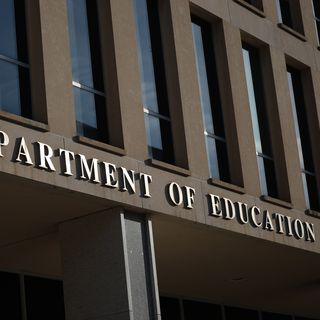

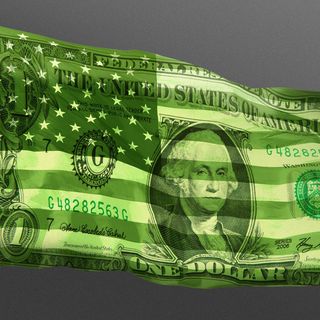

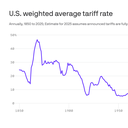



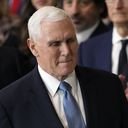
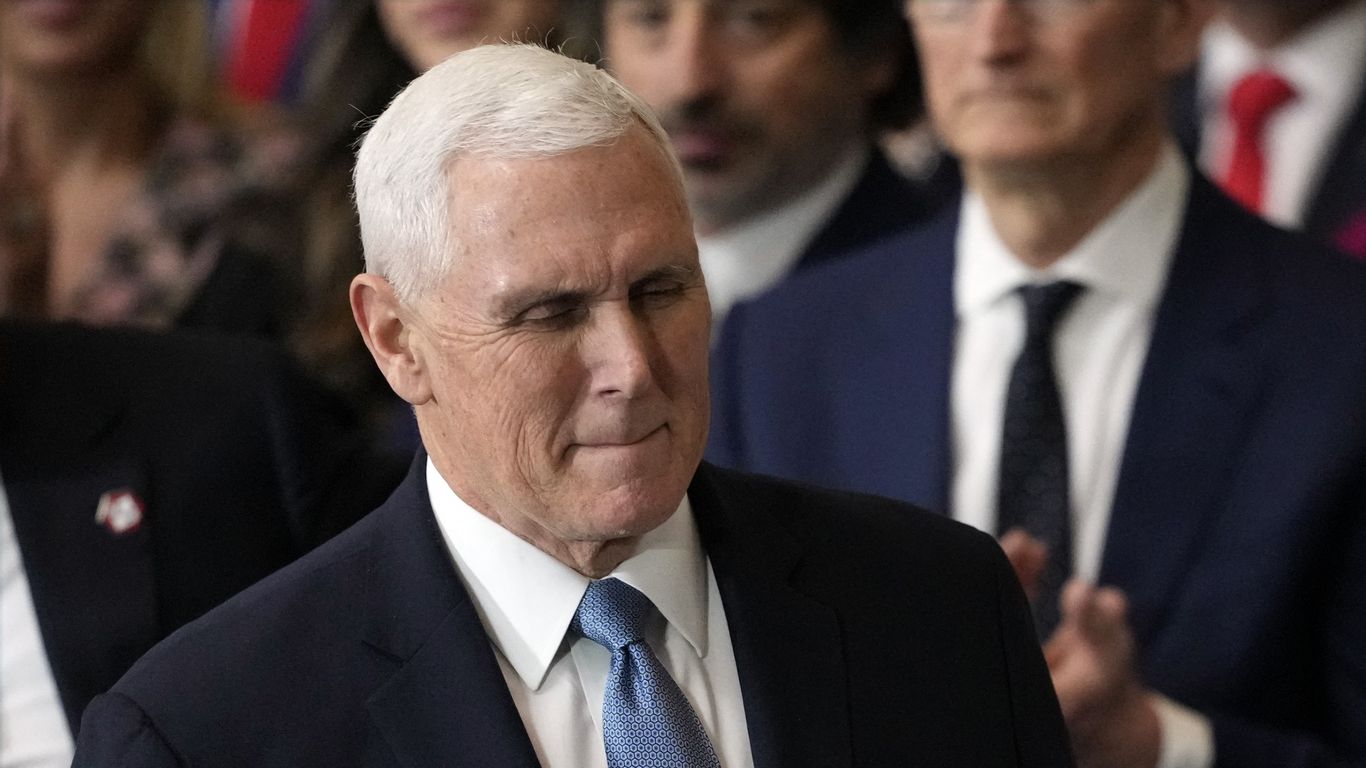





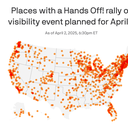

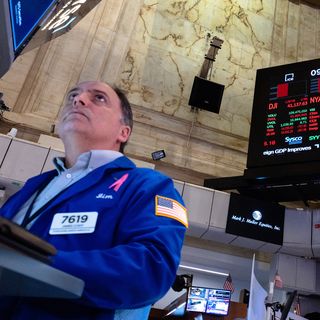

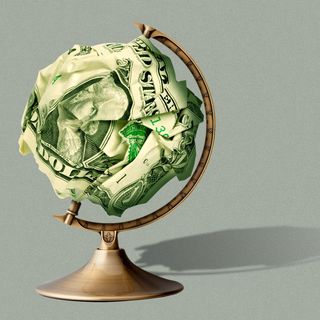




/2025/04/02/1743627388621.gif)
